But I love me some tunes, yes I do.
Since I don’t have an iPod (unlike some people), I can’t play “Random Ten,” the blogmeme/game that Rox, its creator, has now decided is uncool. Whatever.
But I’ll almost always have something on the box when I drive. When I’m alone in the car, I can play whatever crap I like at whatever volume I like - and my volume knob goes all the way to 11 - without driving She Who Must Be Obeyed to the point of distraction. The Missus is not a fan of Miles Davis (at least, not “Bitches Brew” Miles Davis) or of Frank Zappa, particularly, so when I’m by myself in the car, I wail. Hey, it’s not like we got married because we had identical musical tastes, OK?
This week, I’ve been enjoying the soundtrack to Garden State. I normally avoid soundtracks that consist of random compilations of contemporary popular songs, mainly because so often they have little to do with the movie - they’re just excuses to throw a mish-mash of tunes together in the hopes that the movie will help sell the whole stinking pile. Me, I’m a Bernard Herrmann - Danny Elfman soundtrack kind of guy. I like ’tracks that were written for a movie as an organic whole. Check out Bernie’s work in North by Northwest, Vertigo, Psycho, The Day The Earth Stood Still, Obsession, Journey To The Centre Of The Earth, and Taxi Driver (immediately after the completion of which he keeled over, stone dead). Bernie was The Master. And Danny (remember Oingo Boingo?) is the Worthy Disciple. Think Batman. Think Pee Wee Herman’s Big Adventure. Think Beetlejuice.
But Zach Braff has achieved the (almost) impossible. He has cobbled together what is mostly a group of disparate indie-pop songs - from groups like The Shins and Coldplay - into a soundtrack that really works, that’s an integral part of the movie. After seeing the scene in which Braff, Natalie Portman, and Peter Sarsgaard stand at the edge of the Bottomless Pit in the pouring rain, I’ll never hear Simon and Garfunkel’s “The Only Living Boy In New York” quite the same way again.
The other CD I’ve been listening to is From Avenue A To The Great White Way: Yiddish and American Popular Songs From 1914-1950, a compilation that traces the remarkable influence of Yiddish theatre and vaudeville on the development of the mid-20th century popular music culture. It’s fascinating stuff.
One example. Many of my (ahem) older readers will be familiar with “And The Angels Sing,” a tune that was a huge hit for Benny Goodman, with Martha Tilton singing Mercer’s lyrics. Mercer so loved the song that it is his epitaph: his gravestone in Savannah reads simply, “And The Angels Sing.”
We meet, and the angels sing,
The angels sing the sweetest song I ever heard.
You speak, and the angels sing -
Or am I breathing music into ev’ry word?
But the tune that was the basis for “And The Angels Sing” was Ziggy Elman’s “Frailach in Swing,” recorded in 1938 and in turn based on “Der Shtiller Bulgar” (“The Quiet Bulgar”), an old klezmer dance. The Avenue A CD juxtaposes a 1918 recording of “Der Shtiller Bulgar” with Mildred Bailey’s version of “Angels,” and it’s a revelation.
There’s also “Yosel,” a Yiddish vaudeville classic that moved into mainstream American pop music as “Joseph, Joseph.” But when I listened to it the other day, I got that nagging feeling that I’d heard that music before, in a completely different context. And finally, it came to me. The opening bars of “Yosel” are echoed in the first riff of Fishbone’s “When Problems Arise,” from their 1996 CD In Your Face. Hah!
Fishbone: Bringing you the proud tradition of Yiddish theatre! Whodathunkit?



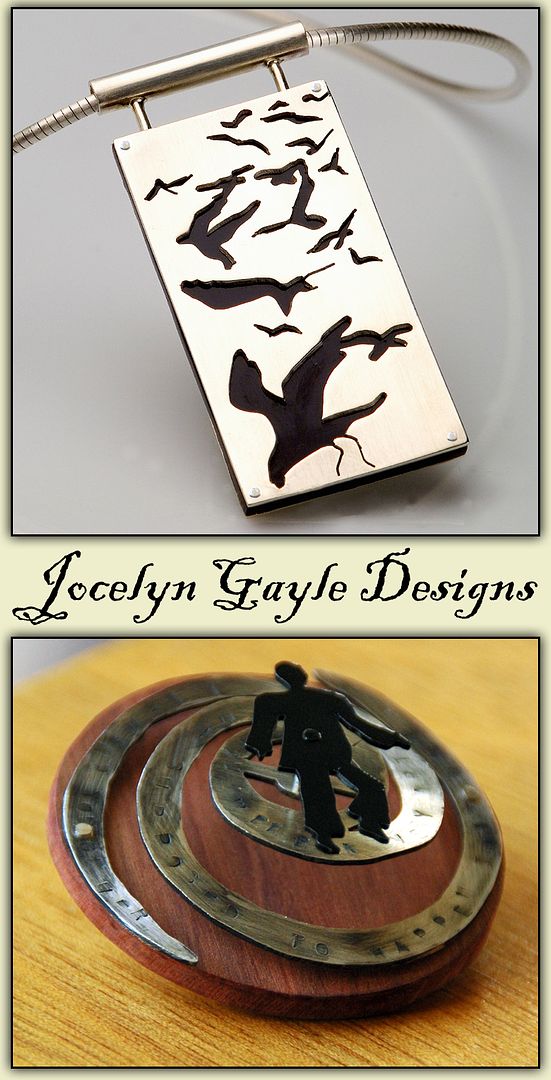
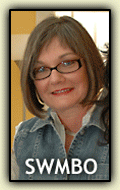


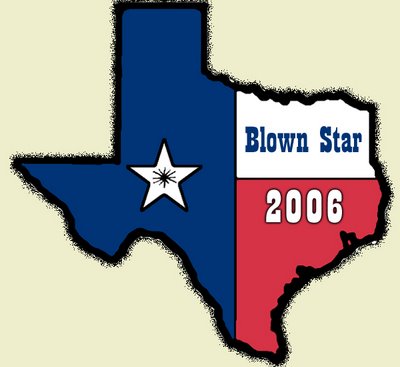





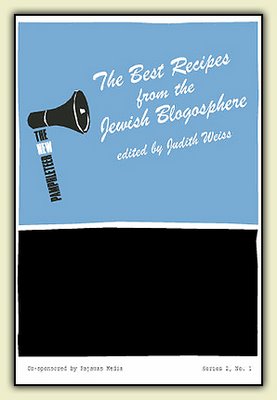


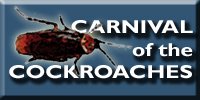



No comments:
Post a Comment